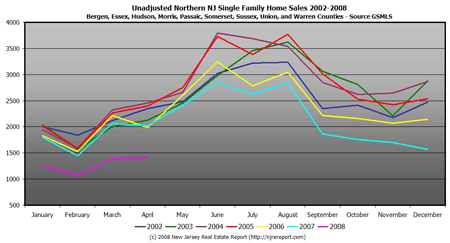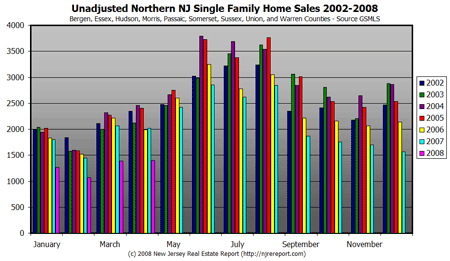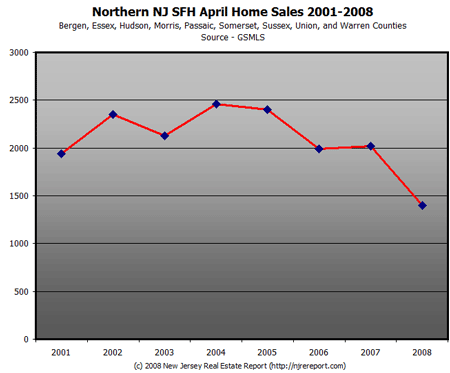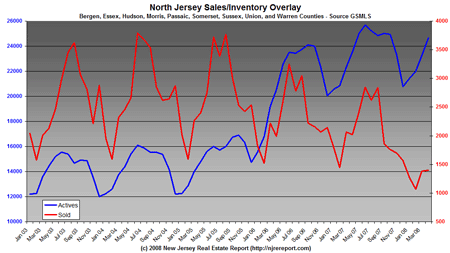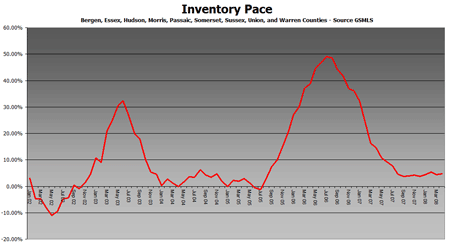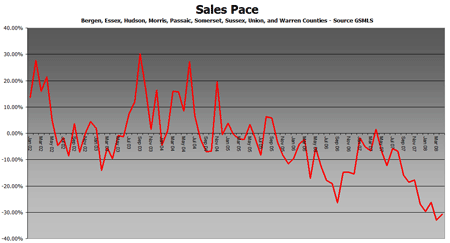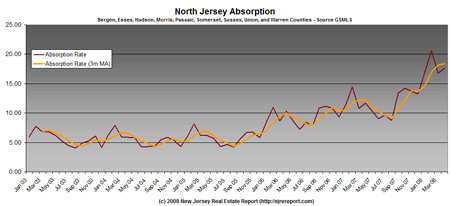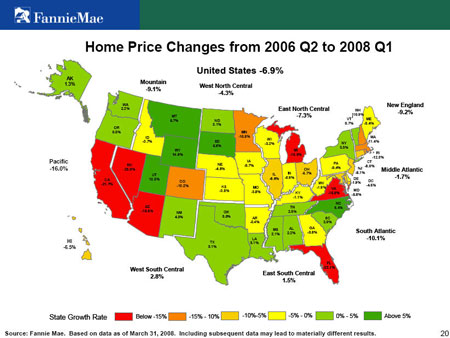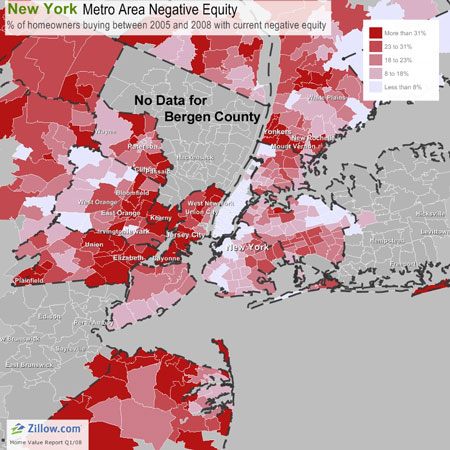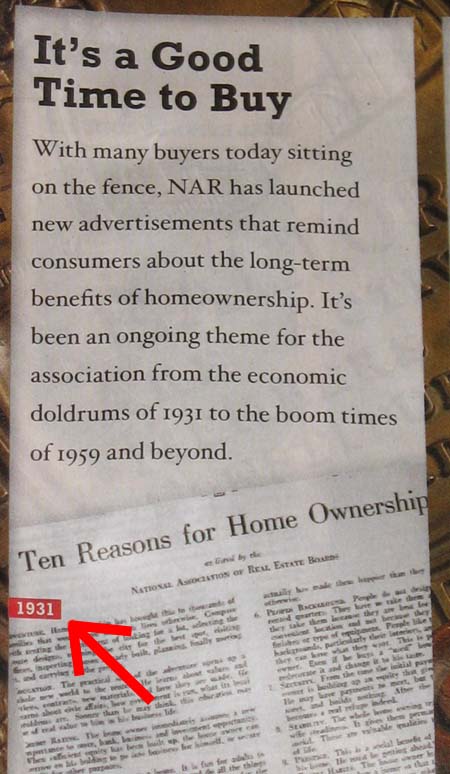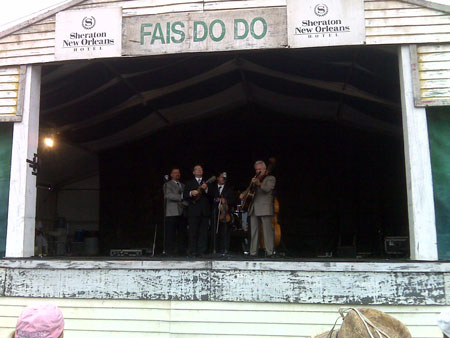From the Wall Street Journal:
The Biggest Housing Losers
May 12, 2008
You may not know it, dear reader, but Congress is playing you for a sap. During the housing mania, you didn’t lend money at teaser rates to borrowers who couldn’t pay, or buy a bigger house than you could afford. You paid your bills on time. As a reward for that good judgment and restraint, Barney Frank is now going to let you bail out the least responsible bankers and borrowers.
The Massachusetts Democrat’s housing bill passed the House Thursday, and it makes us wish we had splurged like so many others. In the name of helping strapped home buyers, Mr. Frank is giving lenders a chance to pass their worst paper onto Uncle Sugar. If both borrower and lender agree to participate, lenders can accept 85% of the current appraised mortgage value and in return get to dump up to $300 billion of those loans on the Federal Housing Administration (FHA). Guess which loans they are likely to dump?
Looking at the details in Mr. Frank’s 45-page first draft of this bill, FIS Applied Analytics estimated that taxpayer losses could reach as high as $27 billion, more than four times Mr. Frank’s estimate. The next draft, clocking in at 72 pages when it passed Mr. Frank’s committee, was miraculously scored by the Congressional Budget Office at “only” a $2.7 billion cost to taxpayers.
CBO lowballed it in part because it assumed that most people eligible for this assistance will not apply for it. It is true that some lenders may be wary of taking a 15% haircut off the top, but watch out if bankers and borrowers do take the taxpayers up on Mr. Frank’s offer. This is especially likely because at the same time that Mr. Frank touts the lowball estimate, he is also making mortgage servicers an offer they can’t refuse.
…
The plan seems to get more generous by the week, at least if you’re an ally of Mr. Frank. The monster he brought to the floor Thursday runs to hundreds of pages. State governments receive authority to issue $10 billion in tax-exempt bonds to subsidize home purchases and to help subprime borrowers refinance.In a sop to builders, Mr. Frank also expands the low-income housing tax credit, and he creates a new refundable credit for certain home buyers. To help defray the cost to the Treasury, Mr. Frank raises taxes on multinational companies by delaying a scheduled reform. A law set to take effect this year would expand firms’ ability to claim foreign tax credits and thereby avoid double taxation. Mr. Frank would put it off for another year.
…
We can only imagine what else is buried in this tome, which deserves a Presidential veto. But the worst problem remains its invitation for bankers to dump their biggest losers on taxpayers. The Frank plan appears to take care of everyone in the housing market, except the renters and homeowners who lived within their means.

